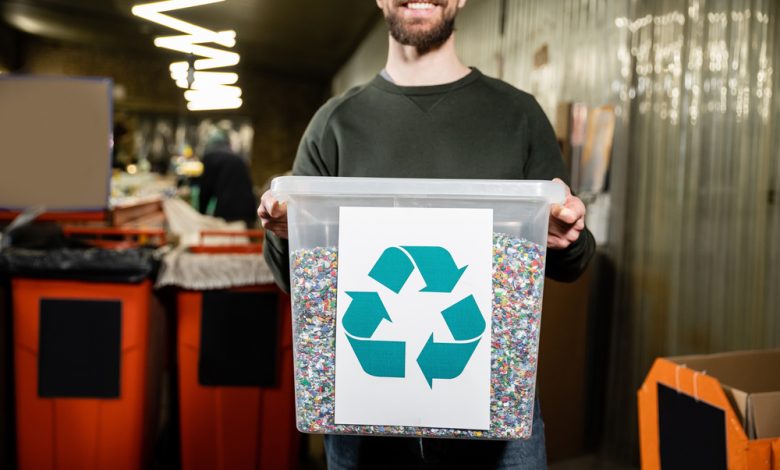Sustainability in Brewing

Sustainability is now popular in many businesses. The brewing industry is leading the way in some fascinating ways. Worldwide, breweries are becoming aware of their responsibility to preserve the environment. They are implementing strategies to lessen their environmental impact. This article looks at the sustainable practices used by these establishments. They include of managing waste, using water, and obtaining organic, locally grown food.
Water Stewardship
A brewery’s lifeblood is water. It is vital for beer. It’s needed for every step of brewing, from cleaning and chilling to packaging. Conventional brewing, however, may require a lot of water. Many brewers have started using greener water methods. They want to be more eco-friendly.
To recycle wastewater, for instance, some are spending money on on-site treatment facilities. These systems purify water and reuse it for irrigation as well as equipment rinsing. Some have redesigned their procedures to completely eliminate the need for water. For example, using dry-lubrication on conveyor belts in bottling and canning lines greatly reduces water use.
Reducing Carbon Footprint
Another important part of brewing that has an environmental impact is energy consumption. Breweries are using renewable energy sources as a solution to this. Breweries today frequently have wind turbines and solar panels. Some people have completely switched to renewable energy sources. Utilizing energy-efficient lighting and appliances also reduces energy consumption. Thus, the carbon footprint is reduced.
The transportation of goods also contributes significantly to the environmental impact of breweries. Many brewers are rethinking their distribution networks. They want to shorten travel times to fix this. Customers often get fresher beer, and carbon emissions are lower.
Waste Management
The brewing process creates waste products, like yeast, hops, and spent grains. Sustainable breweries find creative uses for these wastes instead of disposing of them in landfills. Repurposed grains can be used as compost, cow feed, or even as baking components. You can compost yeast and leftover hops. You can also use them in other dishes.
The idea of producing biogas from discarded grains is a fantastic one. Brewery activities can be powered by it. In doing so, a closed-loop system that improves sustainability is created.
Sourcing Local and Organic Ingredients
The sustainability of a brewery is greatly impacted by the selection of components. Breweries may boost local economies, support local farms, and reduce emissions by sourcing locally. A growing number of brewers are collaborating with local farms to obtain hops, grains, and specialty additions like fruits and spices. They get fresher ingredients as a result, which improves the flavor of the beer.
This is further enhanced by organic brewing. It uses materials farmed without damaging synthetic fertilizers or pesticides. Additionally, organic certification guarantees that the ingredients fulfill stringent ecological and quality requirements.
Community and Consumer Engagement
Production is only one aspect of sustainability; consumer and community involvement is another. Customers can learn about sustainable practices from breweries. They can make advantage of community events, sustainability reports, and tours. This creates a brand image that is more appealing in a market where consumers are more environmentally conscientious than ever while also improving awareness.
To offer better entertainment and engage the community, some breweries have tried new ideas. One idea is the ability to Join Live Games at Hell Spin Casino. It meets today’s consumers’ demand for varied leisure activities. It also offers a more diverse experience.
Also, a partnership with Hell Spin Casino shows a broader approach. It integrates sustainability into an entertainment package. This appeals to modern customers seeking exciting, responsible options.
In summary, producing beer is only one aspect of the brewing industry’s shift towards sustainability. It’s about setting a standard for ethical production. It should protect the environment and provide customers with excellent goods and experiences. If this trend continues, we may see new, radical ideas. They may stretch the definition of a sustainable brewery. Whether you’re enjoying a local organic beer or learning about eco-friendly programs at a big brewery, sustainability is now more important. It is improving the industry’s environmental standing and its ties to society and the environment.

